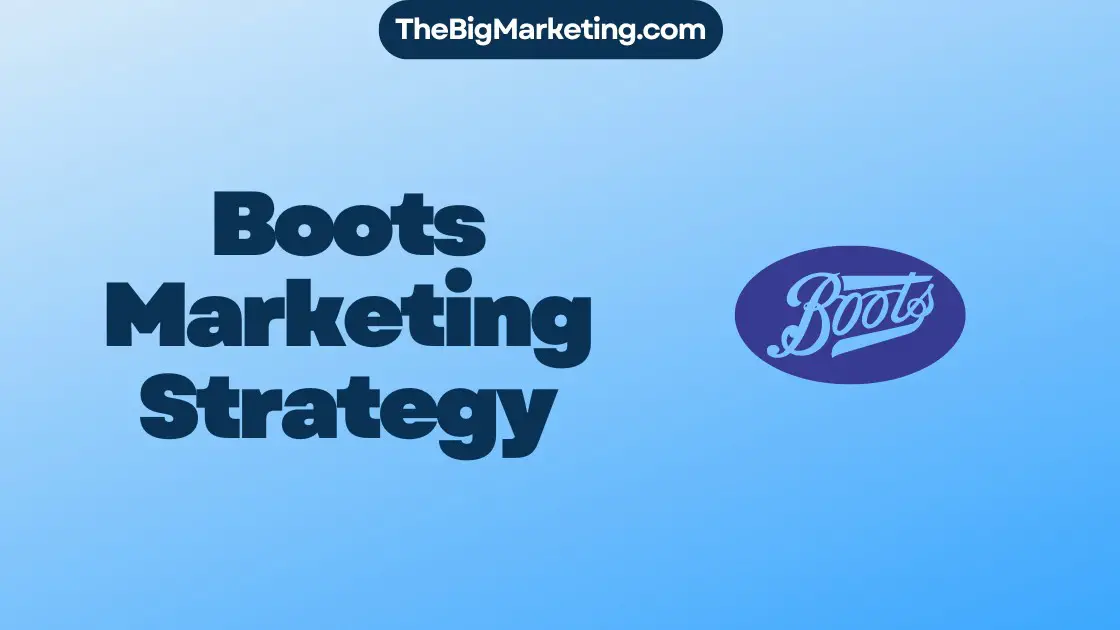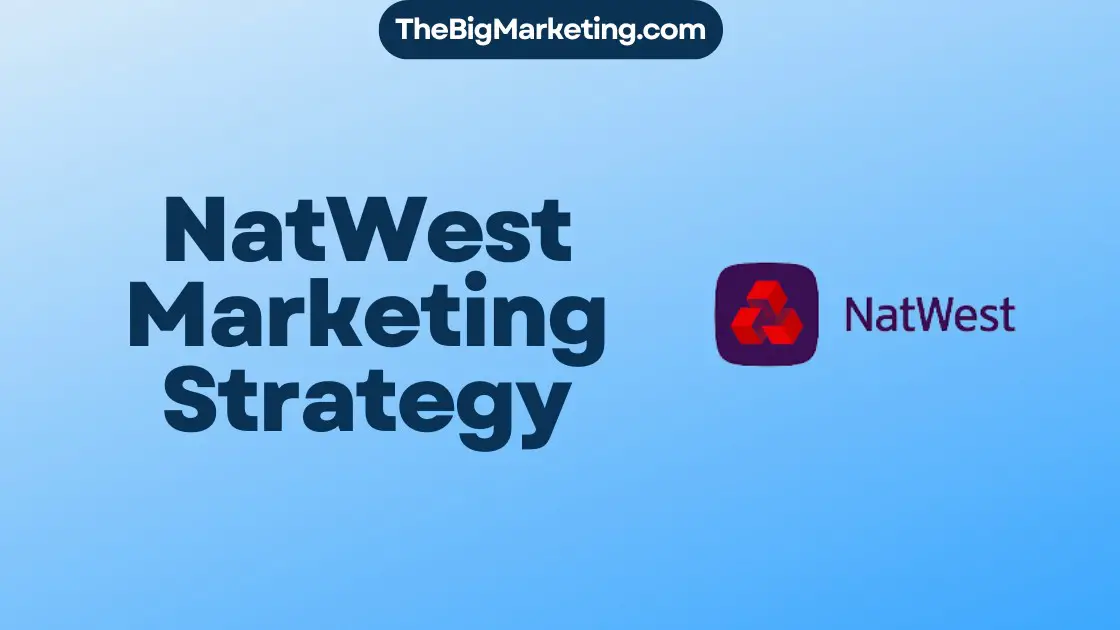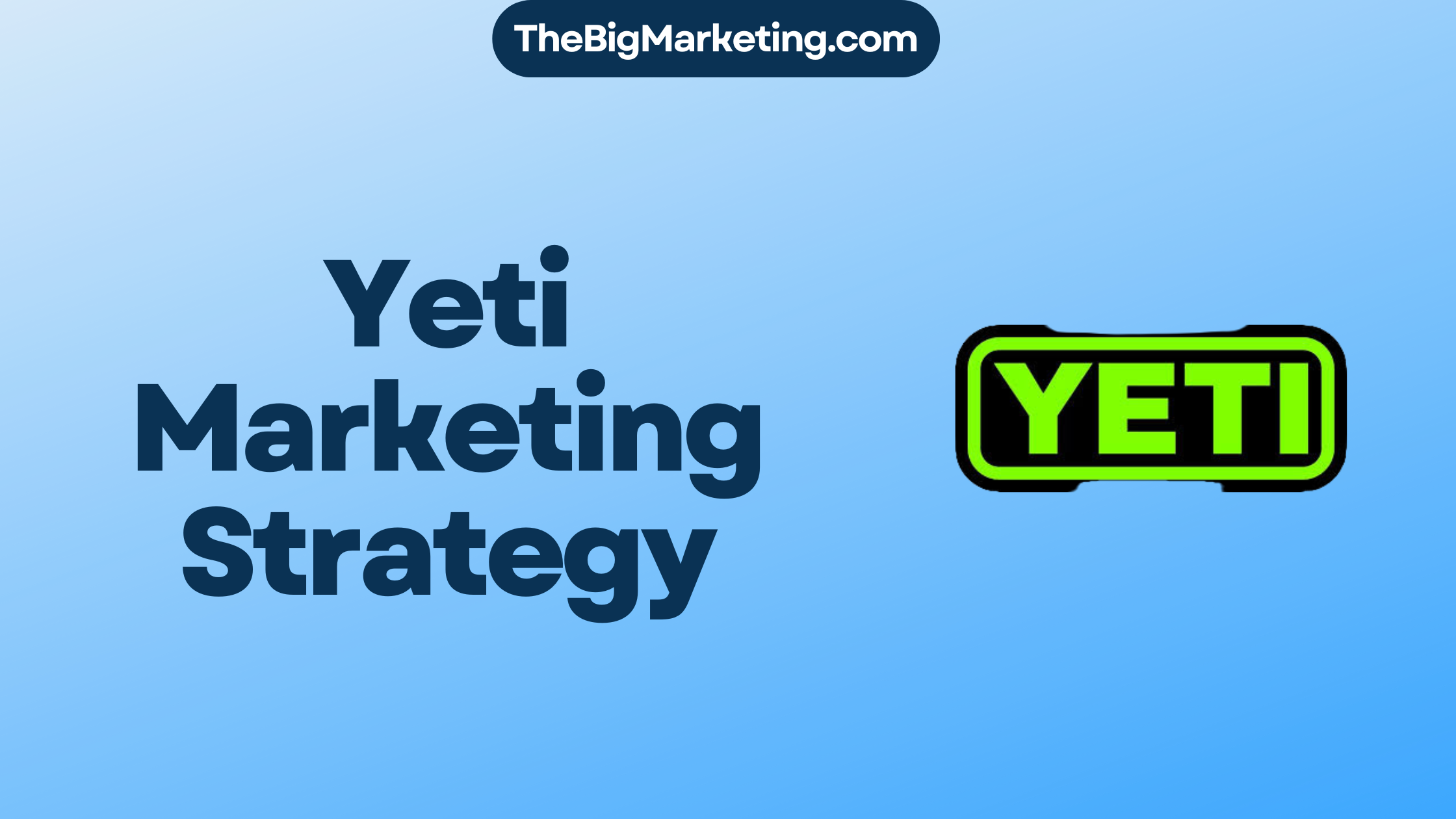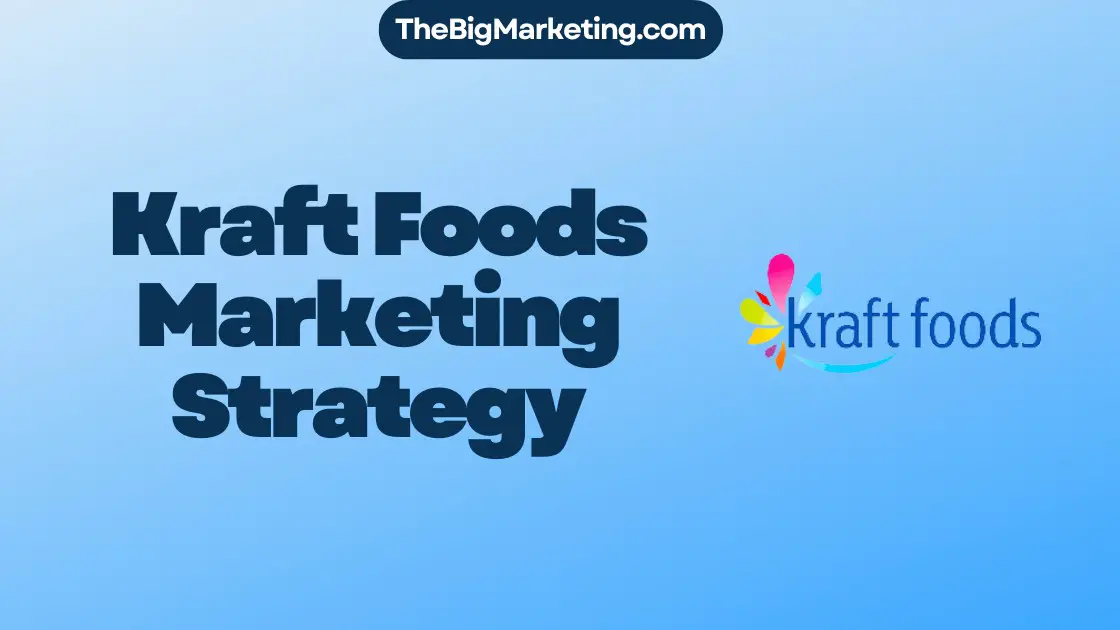Edeka, the leading supermarket chain in Germany, has established itself as a customer-centric brand known for its extensive selection of fresh food, exceptional customer service, and commitment to sustainability. In an industry that is undergoing significant transformation due to the rise of online platforms, Edeka has successfully embraced digital marketing strategies to strengthen its online presence and stay ahead of the competition.
Key Takeaways:
- Edeka focuses on customer satisfaction, quality products, and sustainability in its marketing strategy.
- The company has a rich history, starting as a cooperative in 1907 and growing to become the largest supermarket chain in Germany.
- Edeka follows a broad-based segmentation strategy and positions itself as a regional producer with competitive prices.
- The brand utilizes various marketing campaigns, including collaborations with influencers, to promote its value beyond price.
- Edeka maintains an active presence on social media platforms and utilizes content marketing to engage with its audience.
About Edeka
Established in 1907, Edeka has a rich history that began as the E.d.K cooperative and later evolved to become one of the leading supermarket chains in Germany. In 1911, the company adopted the name Edeka and embarked on a journey to revolutionize the grocery retail industry.
Despite initial challenges from competitors, Edeka persevered and expanded its operations, now boasting over 6,000 stores across the nation. This growth can be attributed to their unwavering commitment to customer satisfaction, quality products, and regional sourcing.
Edeka offers a diverse range of products, catering to customers’ varying needs and preferences. From everyday essentials to premium items, their extensive product selection ensures that every customer can find what they’re looking for.
What sets Edeka apart from its competitors is their emphasis on customer satisfaction. They prioritize providing exceptional service, ensuring that shoppers have a pleasant and convenient experience at their stores. Edeka’s dedication to quality and service has earned them a loyal customer base and established them as a trusted brand in the market.
Furthermore, Edeka places a strong focus on regional sourcing. They partner with local producers and suppliers to offer fresh and high-quality products to their customers. This commitment to supporting local communities and promoting sustainable practices is ingrained in Edeka’s operations.
Edeka Operations
With an extensive network of stores, Edeka’s operations cover various aspects of the grocery retail industry. Their stores serve as hubs that provide customers with a wide range of products, from groceries and household items to fresh produce, bakery goods, and more.
Edeka’s operations also extend beyond traditional brick-and-mortar stores. They have embraced technology and developed a robust online platform to enhance their customers’ shopping experience. Through their website and mobile app, customers can access information about services, current promotions, and nearby Edeka stores.
In addition to their retail operations, Edeka places great importance on community involvement and corporate social responsibility. They actively contribute to local charities, support educational initiatives, and take part in environmental sustainability projects. Edeka’s commitment to making a positive impact goes beyond the supermarket shelves and extends into the communities they serve.
| Key Features of Edeka Operations | Edeka’s Core Focus Areas |
|---|---|
| Extensive network of over 6,000 stores | Catering to customer needs and preferences |
| Online platform for convenient shopping | Emphasizing customer satisfaction and service |
| Commitment to regional sourcing and sustainability | Supporting local producers and communities |
| Active involvement in community initiatives | Promoting corporate social responsibility |
Segmentation, Targeting, and Positioning
Edeka’s marketing strategy encompasses a comprehensive approach to segmentation, targeting, and positioning. By understanding the diverse needs and preferences of their customer base, Edeka aims to effectively serve consumers across all geographical locations and demographics. With a focus on providing high-quality products, Edeka’s target market extends to Tier 1, 2, and 3 cities, encompassing a wide range of urban and suburban areas.
As a leading supermarket chain in Germany, Edeka prioritizes inclusivity, ensuring that their stores are accessible to everyone. Unlike businesses that specifically target niche markets, Edeka’s strategy centers around being a neighborhood store that caters to the diverse needs of the local community.
Edeka’s positioning in the market is rooted in two key aspects: being a regional producer and offering a wide range of products at reasonable prices. By sourcing products from local suppliers and emphasizing their commitment to supporting regional producers, Edeka differentiates itself from competitors. This positioning enables Edeka to provide customers with fresh, high-quality products while fostering a sense of community and sustainability.
The comprehensive and inclusive approach to segmentation, along with Edeka’s focus on regional production and affordability, allows the supermarket chain to effectively cater to a diverse customer base while maintaining a strong position in the market.
Example Edeka Product Segmentation:
| Segment | Description |
|---|---|
| Income-based Segmentation | Targeting customers with different income levels by offering a wide range of products that cater to various budget preferences. |
| Demographic Segmentation | Catering to the needs of different age groups, family sizes, and household compositions by providing a diverse selection of products. |
| Location-based Segmentation | Adapting product offerings based on the specific preferences and requirements of customers in different geographical areas. |
| Lifestyle-based Segmentation | Targeting customers with specific dietary preferences, organic and sustainable lifestyle choices, and health-conscious attitudes. |
By employing a strategic segmentation, targeting, and positioning approach, Edeka ensures that its marketing efforts align with the unique needs and preferences of its diverse customer base, solidifying its position as a trusted and inclusive supermarket chain.
Marketing Campaigns
Edeka has implemented a range of impactful Edeka promotional campaigns to elevate their brand and distinguish themselves from discount retailers. A standout campaign worth mentioning is the highly successful “There is a discounter in every Edeka!”. This campaign effectively emphasizes the value proposition of Edeka stores beyond merely competitive pricing.
Edeka employs a multi-channel approach, utilizing various platforms including television, radio, online channels, and social media to effectively reach their target audience. By leveraging these diverse marketing channels, Edeka maximizes their Edeka advertising and ensures widespread exposure of their brand.
Furthermore, by collaborating with influential figures and thought leaders in the industry, Edeka creates substantial buzz and engagement around their marketing campaigns. These collaborations enable Edeka to tap into the influencers’ extensive follower base and generate heightened brand awareness.
Overall, Edeka’s marketing campaigns are strategically designed to highlight their price competitiveness and emphasize their commitment to providing a comprehensive selection of products and exceptional service to their valued customers.
Social Media Marketing
Edeka understands the importance of social media in today’s digital landscape. With a strong social media presence on platforms like Facebook, Instagram, and LinkedIn, Edeka effectively engages with their audience and strengthens brand awareness.
Edeka’s Facebook page boasts over 1.2 million followers, making it a valuable platform for creating supermarket awareness and connecting with customers. Through regular updates, Edeka shares promotional content, recipe videos, health tips, and corporate news, providing valuable and engaging content to their audience. This approach not only enhances brand visibility but also fosters customer engagement and loyalty.
On Instagram, Edeka leverages the visual nature of the platform to share attractive visuals and showcase their products. By curating an aesthetic feed and strategic use of hashtags, Edeka reaches a wider audience and enhances their discoverability on the platform.
LinkedIn is another key social media platform for Edeka, enabling them to connect with professionals, industry leaders, and potential partners. Edeka shares corporate news, insights, and relevant industry content, establishing themselves as a thought leader in the supermarket sector.
Through their active social media presence, Edeka effectively leverages these platforms to enhance brand visibility, engage with customers, and stay relevant in the digital age.
| Social Media Platform | Followers/Connections |
|---|---|
| 1,200,000+ | |
| 500,000+ | |
| 10,000+ |
SEO Strategies
Edeka understands the significance of SEO in digital marketing and invests in optimizing its website for search engines. Despite having a relatively low organic keyword count of 544, Edeka manages to generate over 900,000 organic traffic per month, indicating the effectiveness of its SEO strategies in driving website traffic. By continuously monitoring and enhancing its keyword optimization, Edeka aims to maintain a strong online presence and attract more potential customers.
Keyword Optimization
Keyword optimization plays a crucial role in Edeka’s SEO strategy. By conducting thorough research and analysis, Edeka identifies relevant and high-performing keywords that align with its target audience’s search intent. These keywords are strategically placed in various elements on the website, such as meta tags, headings, content, and image alt text, to enhance its visibility in search engine results.
Content Optimization
Edeka focuses on creating high-quality and relevant content that satisfies the informational needs of its target audience. By incorporating target keywords naturally and providing valuable insights, Edeka aims to attract organic traffic and establish itself as a trusted source in the industry. The content is optimized with appropriate headings, subheadings, and internal linking to improve user experience and increase search engine visibility.
Link Building
Edeka understands the significance of building authoritative backlinks to strengthen its website’s credibility and improve its search engine rankings. The company actively engages in strategic link-building activities, such as collaborating with relevant industry influencers and partnering with reputable websites, to acquire high-quality backlinks. These backlinks not only drive direct traffic but also enhance Edeka’s organic search visibility.
| Monthly Organic Traffic | Organic Keyword Count | SEO Ranking |
|---|---|---|
| 900,000 | 544 | 1st |
Influencer Marketing
In today’s digital age, influencer marketing has become an effective strategy for brands to increase their reach and engage with their target audience. While Edeka does not actively involve influencers in their marketing campaigns, they have the potential to leverage influencer collaborations as a powerful marketing tool.
Collaborating with influencers on social media platforms can significantly enhance brand visibility and create authentic connections with consumers. By partnering with relevant influencers, Edeka can tap into their followership and reach new audiences who may not be familiar with the brand.
Through influencer collaborations, Edeka has the opportunity to showcase their commitment to customer satisfaction, quality products, and regional sourcing. Influencers can showcase Edeka’s offerings and share their personal experiences with the brand, which can resonate with their followers and drive brand awareness and engagement.
An effective influencer marketing strategy can not only increase brand exposure but also position Edeka as a trustworthy and preferred choice among consumers. By collaborating with influencers who align with Edeka’s values and target audience, the brand can create an authentic connection that goes beyond traditional advertising methods.
Ultimately, influencer marketing can be a valuable addition to Edeka’s overall marketing strategy, enabling them to effectively reach and engage their target audience, increase brand visibility, and foster a sense of trust and authenticity.
Benefits of Influencer Marketing for Edeka:
- Increased brand visibility and reach
- Authentic connections with consumers
- Opportunity to tap into new audiences
- Showcasing commitment to customer satisfaction and regional sourcing
- Elevated brand awareness and engagement
- Enhanced trust and authenticity
E-commerce Strategies
Edeka, as a renowned supermarket chain, focuses primarily on its walk-in supermarkets and does not operate an e-commerce store for online shopping. However, the company recognizes the importance of digital presence and offers various digital solutions to enhance the shopping experience for its customers.
Firstly, Edeka has a comprehensive website that provides information on the services, offers, and current promotions available in nearby Edeka stores. Customers can browse through the website to access details about product availability, special discounts, and personalized offers, making it easier for them to plan their shopping trips.
Additionally, to provide convenience and speed, Edeka has developed a mobile application called “EDEKA”. This user-friendly app allows customers to have a seamless shopping experience right from their smartphones. With the EDEKA app, customers can scan product barcodes to access detailed information, make shopping lists, and even skip queues by using the app’s self-checkout feature. The app’s intuitive interface and features make shopping efficient and hassle-free for Edeka customers.
The EDEKA app ensures that customers can have all the information they need at their fingertips, enhancing their overall shopping experience. By leveraging digital technology, Edeka continues to bridge the gap between online and offline retail, providing a seamless and integrated shopping journey for their valued customers.
Content Marketing Strategies
Edeka understands the power of content marketing in engaging with their audience and promoting their brand. They have developed innovative strategies to provide valuable and informative content to their customers, establishing themselves as a trusted source of information in the food industry.
One of the ways Edeka utilizes content marketing is through the creation of recipe videos. These videos feature ingredients and food items available at Edeka, serving as cooking inspiration for their customers. By showcasing delicious and easy-to-make recipes, Edeka aims to encourage their audience to explore new culinary experiences and utilize the products available at their stores.
Furthermore, Edeka shares health tips and guidance on their website and social media platforms. They provide insightful information on topics related to food, cooking techniques, and nutrition. By offering valuable content on health and wellness, Edeka aims to position themselves not only as a place to buy groceries but also as a reliable source for maintaining a healthy lifestyle.
Through their content marketing efforts, Edeka strives to create loyalty among their audience by consistently delivering high-quality and relevant content. By engaging with their customers in a meaningful way, Edeka builds strong relationships and reinforces their brand reputation.
SWOT Analysis of Edeka
Conducting a SWOT analysis helps identify the strengths, weaknesses, opportunities, and threats of Edeka in the competitive supermarket sector.
Edeka Strengths
Edeka possesses a strong brand portfolio that resonates well with customers, leading to high levels of customer satisfaction. The company’s commitment to quality products and services has helped establish its competence in new markets, further solidifying their position in the industry.
Edeka Weaknesses
Edeka faces challenges such as limited investment in technology, which may hinder their ability to leverage emerging trends in the digital landscape. Additionally, product uncertainty poses a weakness, as market demands and consumer preferences continue to evolve.
Edeka Opportunities
There are several opportunities for Edeka to explore and capitalize on. Customer acquisition through online channels presents a promising avenue for growth, allowing Edeka to reach a wider consumer base. Implementing new pricing strategies can also enhance their competitive positioning in the market.
Edeka Threats
Edeka must be mindful of the technological advancements made by competitors, as failing to keep pace may result in a loss of market share. Additionally, as Edeka expands its operations and explores foreign markets, it faces the challenge of penetrating unfamiliar territories and adapting to local market dynamics.
| Strengths | Weaknesses | Opportunities | Threats |
|---|---|---|---|
| Strong brand portfolio | Limited investment in technology | Customer acquisition through online channels | Technological advancements by competitors |
| High customer satisfaction | Product uncertainty | New pricing strategies | The need to penetrate foreign markets |
| Competence in new markets |
Conclusion
Edeka’s marketing success is a testament to their innovative digital marketing strategies and commitment to customer satisfaction. By embracing digital platforms and leveraging technology, Edeka has maintained its position as the largest supermarket chain in Germany. Their emphasis on providing quality products and supporting regional producers has resonated with customers, setting them apart from their competitors.
Looking forward, Edeka’s future strategies will focus on enhancing their digital presence to meet the evolving needs of consumers. They will continue to invest in digital marketing initiatives to expand their online reach and engage with customers in meaningful ways. By leveraging data analytics and consumer insights, Edeka will tailor their marketing strategies to deliver exceptional customer experiences.
Edeka’s commitment to sustainability and regional sourcing will remain central to their operations. As consumers increasingly prioritize ethical and environmentally-friendly choices, Edeka is well-positioned to meet these demands. By staying ahead of industry trends and continuously adapting to changing consumer behaviors, Edeka will continue to thrive in the competitive supermarket sector.





